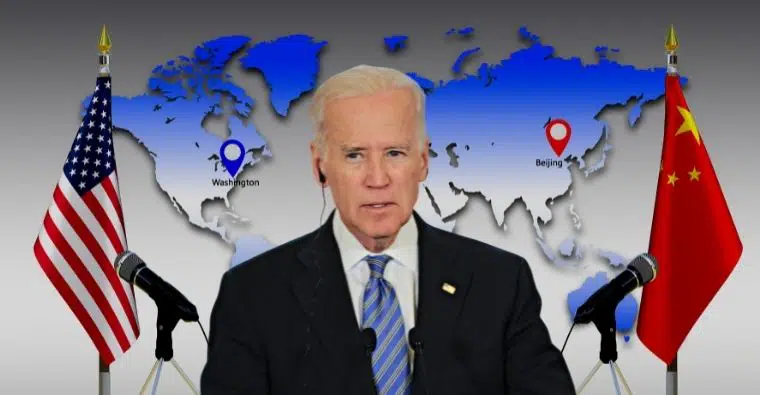The Australian government is under increasing pressure to cut down its carbon emissions to net-zero levels by 2050. If this does not happen, it should be ready to face high borrowing costs. The observation has come from Josh Frydenberg, the treasurer of the country, in the wake of renewed commitments from the developed economy to cut down its carbon emissions.
It is important to note that Australia leads the list of countries with the highest per capita carbon emissions. The government is facing mounting pressure to fix specific targets to reduce its emissions before the upcoming UN Climate Change Conference, to be held in the month of November in Glasgow.
The warning has come in the wake of a recent deal between Australia and India, focusing on the supply of low-cost solar energy and hydrogen. This deal is exclusively meant to reduce carbon emissions and help reverse the devastating impact of climate change that the world is going through.
The politics within the country is also an influential factor behind its indecisiveness. Australia will go into the poll in May next year. According to opinion polls, the opposition Labor party of the country (a staunch proponent of the net-zero target) is expected to be defeated. On the other hand, the ruling party is not very enthusiastic about the emission targets as it believes it could impact their political fortunes in the upcoming polls.
It is an exciting development that financial markets across the globe have already started preparing for the financing schemes for countries that stick and deliver on lower emissions targets. In such circumstances, Australia’s limited access to finance (owing to its non-commitment) might raise the borrowing cost for the country. This will be specifically detrimental for big-ticket projects. As a result, sectors like infrastructure, real estate, and other resource-intensive industries are likely to be adversely impacted.















Leave a Reply